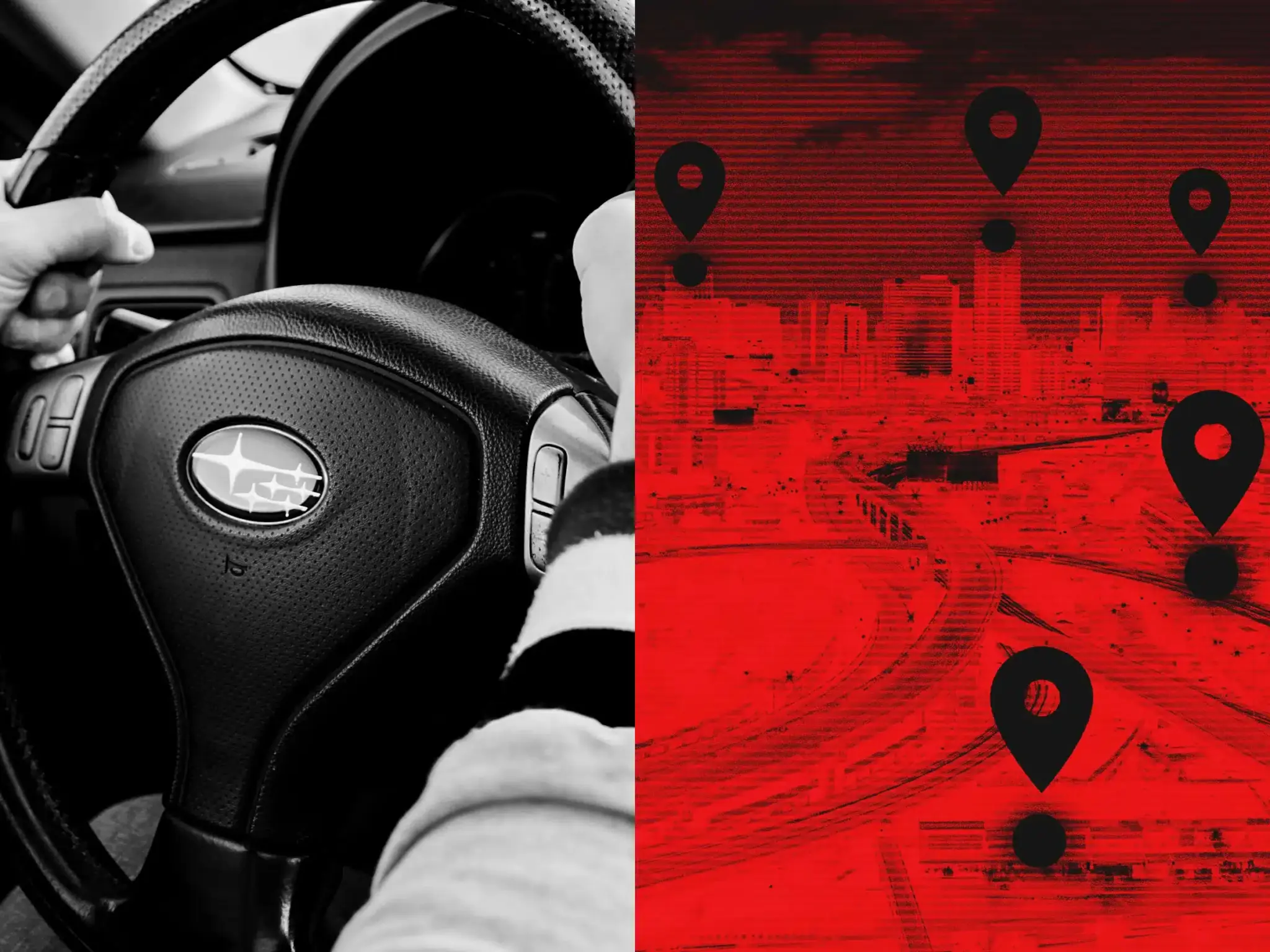In a startling revelation, security researchers have uncovered significant vulnerabilities in Subaru’s Starlink service, which allowed them to track, unlock, and remotely start millions of vehicles. This breach, discovered by researchers Shah and Curry, has raised serious concerns about privacy and the security protocols of connected vehicles.
The Core of the Subaru Security Breach
The vulnerabilities stemmed from a few critical oversights in the Subaru web portal and its connected vehicle service, Starlink. Researchers were able to exploit weak spots in the system’s password reset function and client-side security measures. Once inside the system, they could access a vehicle’s precise location history and control various functionalities like unlocking the doors and starting the engine remotely. This vulnerability did not only expose the cars to potential theft but also posed a significant privacy risk, as sensitive location data could be accessed.
How Was the Vulnerability Discovered?
The journey to this discovery began when researchers found an administrative domain used by Subaru employees, which was insecurely configured to allow password resets with minimal verification. By simply knowing an employee’s email, they could bypass the security questions meant to protect user accounts, essentially giving them the same access as Subaru insiders. This flaw was exploited to demonstrate the ease with which one could gain unauthorized control over any Subaru vehicle equipped with the Starlink system.
Implications of the Security Flaw
The implications of these findings are manifold. First, they underscore the substantial privacy risks associated with connected vehicles, particularly those that collect and store location data. Second, the ease with which the researchers could manipulate vehicle functionalities remotely without alerting the car owner shines a spotlight on the need for robust security measures in vehicle telematics systems.
Subaru’s Response and Remedial Measures
Following the disclosure of these vulnerabilities, Subaru acted swiftly to patch the flaws. However, the incident has sparked a broader discussion about the security of connected cars and the responsibilities of manufacturers to safeguard consumer data against cyber threats.
Editorial Perspective
This incident serves as a critical reminder of the growing pains associated with the integration of digital technologies into everyday items, like our cars. As manufacturers continue to push the boundaries of what’s possible with connected devices, they must also prioritize the security and privacy of their users. The Subaru incident should prompt an industry-wide reassessment of security strategies to prevent similar vulnerabilities in the future.





























